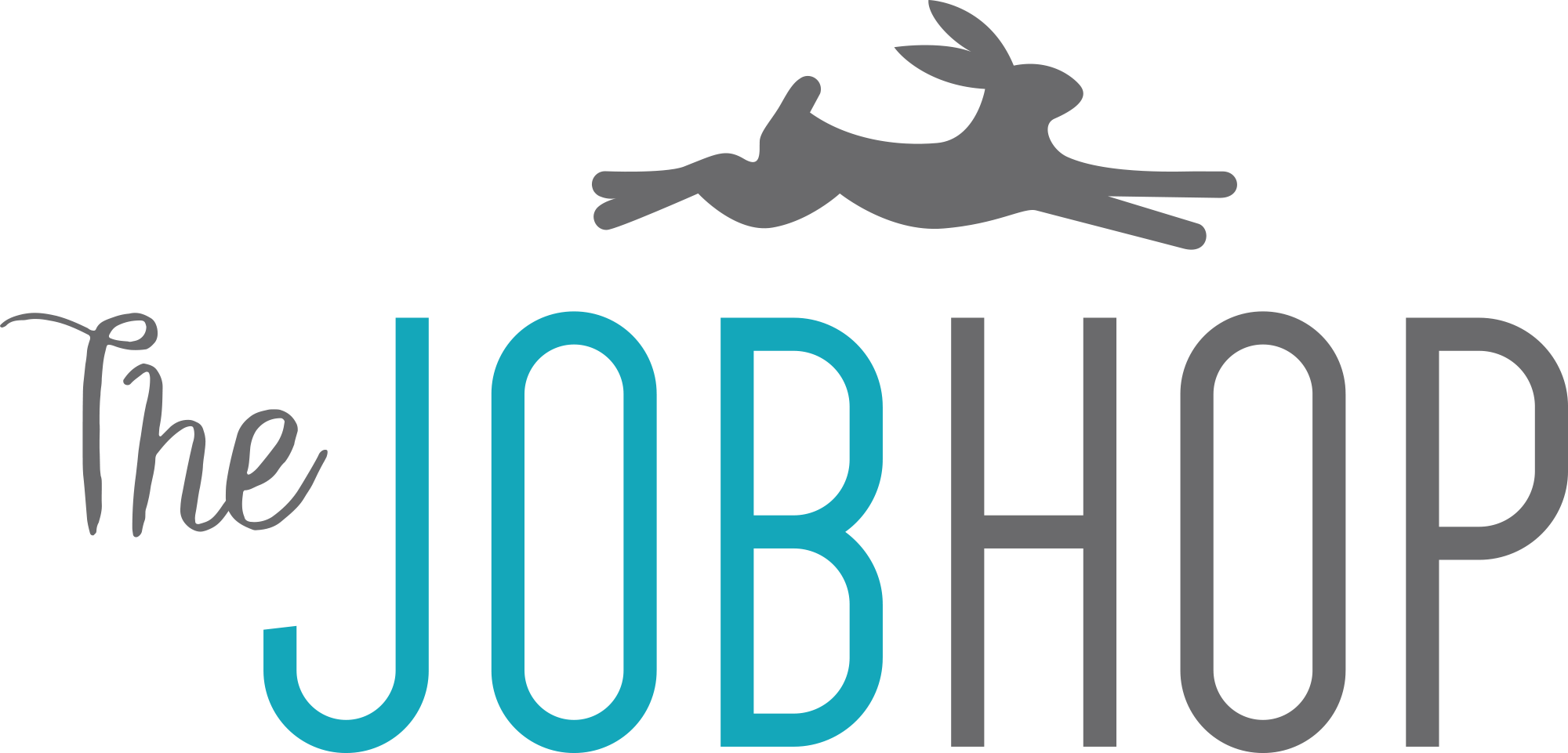If you’re feeling a little down about where you are in your career or questioning what it means to be successful, I have a few questions for you. And some advice, too.
Deciding who to reach out varies depending on the role, industry, and experience required, but if you want to get approached by a recruiter, consider the following key factors.
Find out what most people miss about why strengths are so important, and how to leverage them to land a job you love. Free digital download inside!
Having a top notch resume, a standout LinkedIn profile and dazzling interview skills are all crucial elements of a winning job search strategy, but first you'll have to find opportunities to apply to. Where to begin?
If you’ve been fortunate enough to land a dream job, you know how painful it can be to fall out of love with it. As your priorities change over time, so too will your thoughts on what constitutes a dream job. Working for a hot up-and-coming company with beer on tap and free lunch every day might have felt like winning the career lottery six years ago, but now you’d prefer a generous 401K match, good health insurance, and a more flexible schedule.
You know that your job just isn't making you happy anymore but have no idea where to go next. It's a scary, yet exciting place to be.
Most people never find work that actually fulfills them. But you don't have to be one of them!
Ask anyone who’s recently searched for a new job and he or she will tell you that it was a time-consuming endeavor. Scouring the internet for relevant postings, searching for hiring managers to connect with, and filling out lengthy applications can sometimes feel like a full-time job. But what if there was a way to bypass all of those headaches?
The search is over. You’ve scored a shiny new job offer from an awesome company, and now all you have to do is let your employer know that you’ll be moving on. After you deliver the news that you’re leaving, you’ll still have a couple more weeks of work ahead of you—and those last two weeks can be pretty weird.
Well, this is awkward. You’ve been job searching, and now your boss knows it. Whether she overheard you chatting up a co-worker about your recent interview, called you on all of those “dentist appointments” you’ve been going to, or found a copy of your resume in the office printer, there’s no longer any way to hide the fact that you’ve been looking. What next?
You’ve accepted a great new position at a fantastic company and can’t wait to get started. But, when you arrive for your first day, you discover that the amazing job you’d interviewed for is nothing like what you’re facing now that you’ve actually been hired. You’ve been catfished.
Looking for a new job is no easy task. The process is fraught with sterile rejection emails, awkward interview experiences, and tricky conversations. Sometimes you may even go months without getting a single interview. At some point during your search, you might hit a road block that is so devastating, you begin to question whether or not you should even keep looking.
Whether you’ve interviewed over one million times or can count on one hand how many times you’ve been face-to-face with a hiring manager, the process is always stressful. Not only are you trying your hardest to present the very best version of yourself, you’re also attempting to read your audience and gather as much information as you can about the role, the company culture, and the organization itself. No pressure.
It’s well documented that people only spend about six seconds looking at each resume they receive. Fortunately, there are also tons of great articles dedicated to making the most out of those six seconds.
Even more fortunately, I’m going to give you the inside scoop from the perspective of a six-second recruiter.
I think we can all agree that rejection isn't a particularly pleasant experience. Most of us will probably go to great lengths to avoid it. Unfortunately, much like death and taxes, rejection is inevitable. Especially when you're searching for a new job.
Be honest. If you could work at a powerhouse company like Google or Facebook, you totally would. These organizations offer all kinds of awesome perks, career advancement opportunities, and of course, serious name recognition. Landing a job at a big name corporation can give you a huge career boost. The only problem is, it’s pretty hard to do.
Maybe you’ve been applying to every job in sight for months. Maybe you’ve been interviewing like crazy. Maybe you’re getting new messages from Recruiters on LinkedIn all day long. But one thing remains constant: you still haven’t gotten a job offer.


![Inside Scoop: How I Pick Who to Poach [Get Recruited!]](https://images.squarespace-cdn.com/content/v1/55889d3ce4b0e8531ed130d3/1486319642356-IB2FXLCHDXAWZXMIZQ3W/Poach.png)



![What To Do When Your Work Honeymoon is Over [FREE Course Registration Inside!]](https://images.squarespace-cdn.com/content/v1/55889d3ce4b0e8531ed130d3/1484587800371-18F7D79IYELFHNFIG6FA/HTYC+register.png)










Just a few months into my new job, I found myself dreading going into work. I had no energy, no motivation, and just wasn’t myself. I kept wondering what the heck was wrong with me. For the life of me, I just couldn’t figure it out.